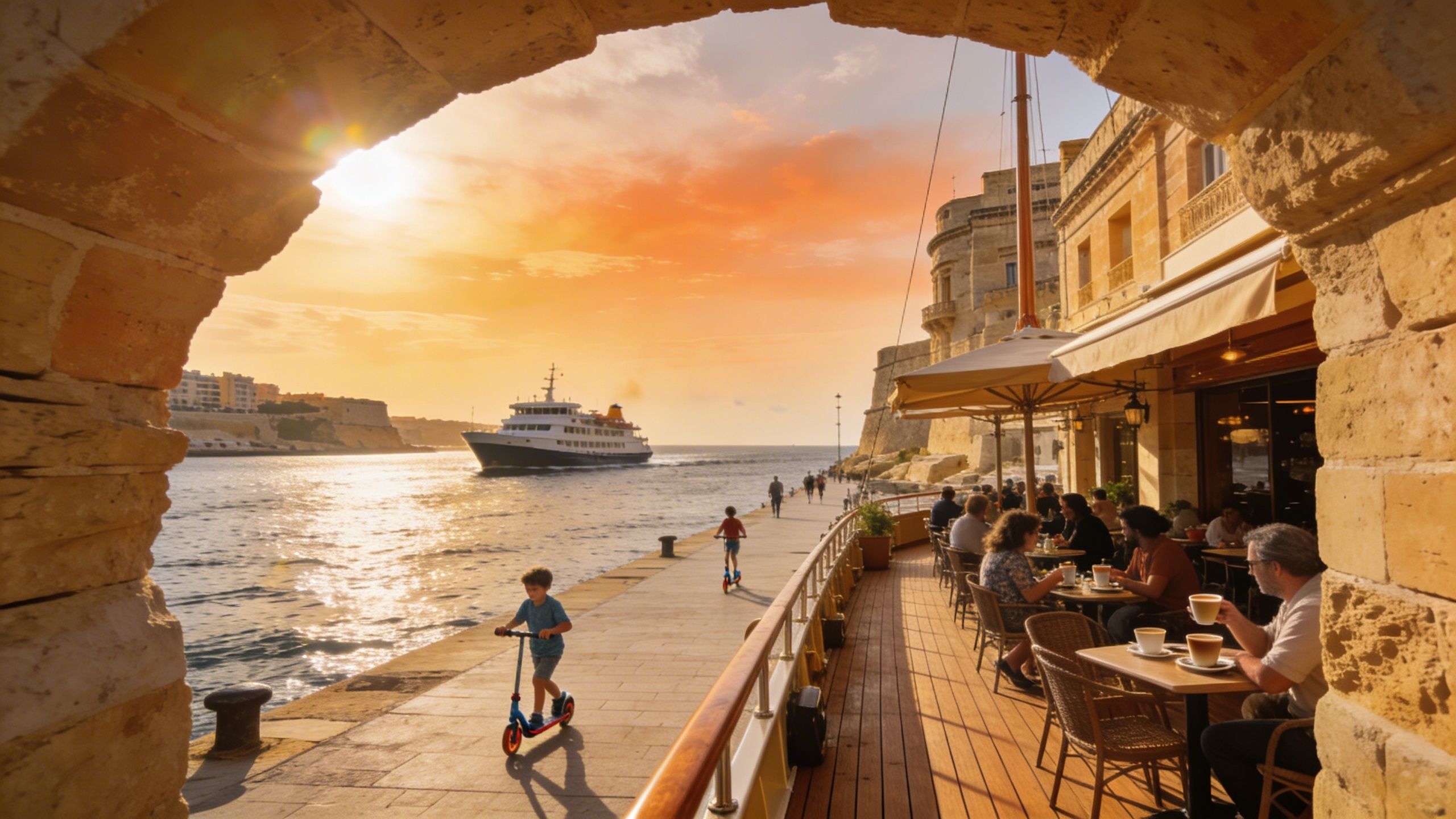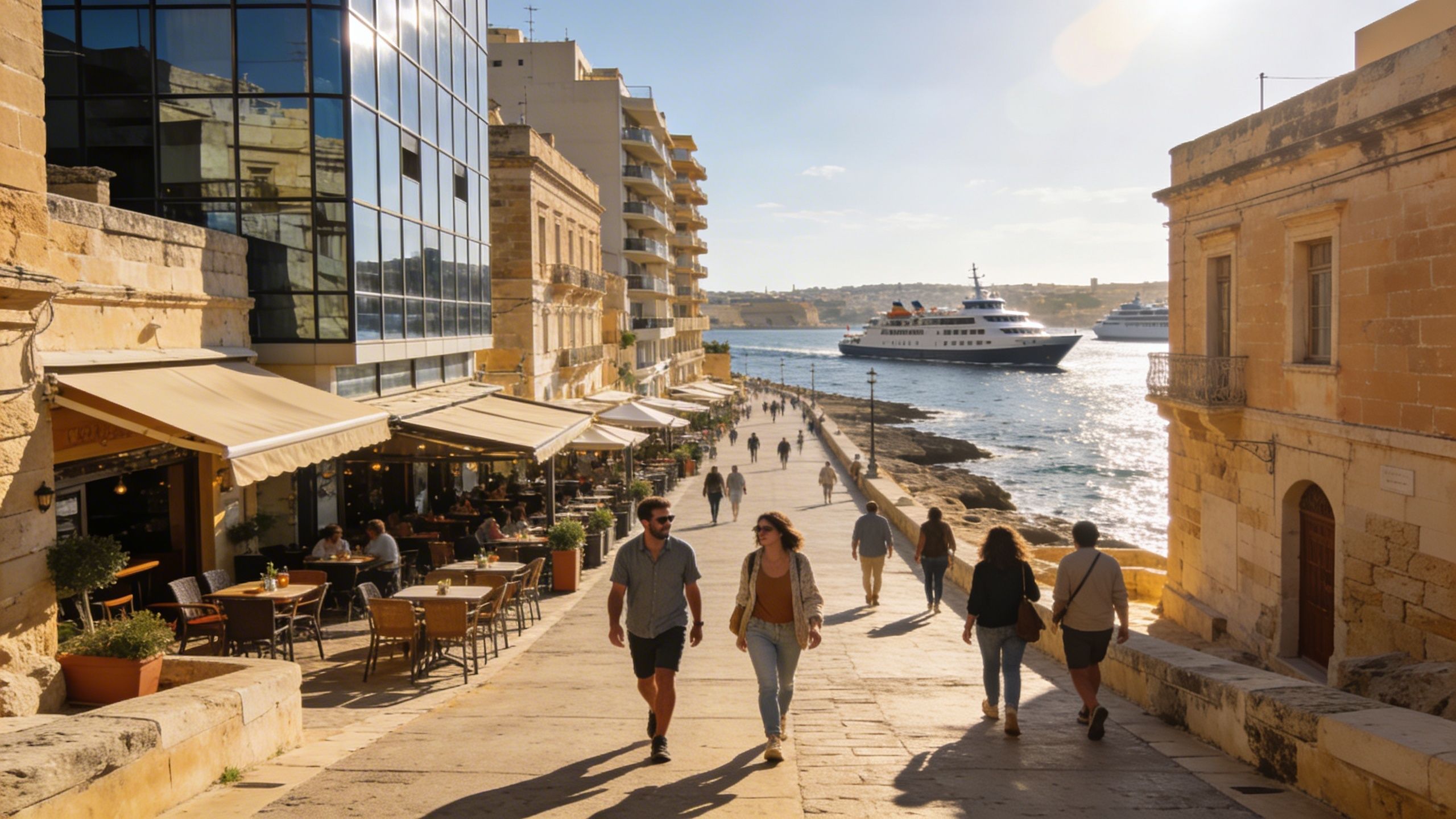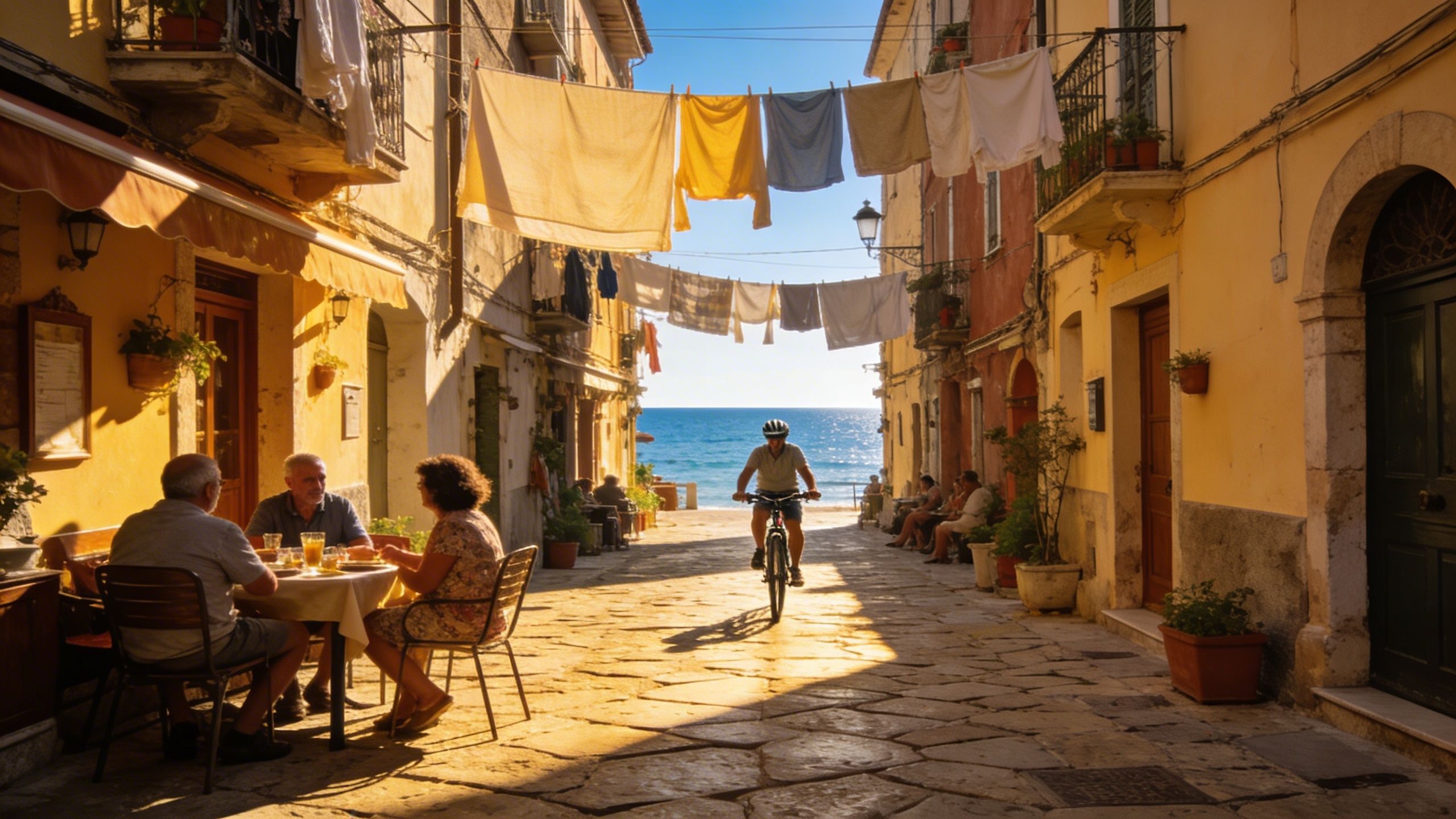Where French Locals Buy: 6 Urban Hubs Worth Your Offer
Follow where French locals actually move: blend market data and lived routines to find urban homes that deliver day‑to‑day life and steady value.
Imagine stepping out at 08:30 to pick a warm baguette on Rue du Faubourg Saint‑Antoine, then hopping a 40‑minute train to a coastal market where fishermen arrange oysters on ice. That rhythm — dense mornings in the city, slow afternoons in the region — is what draws many internationals to France. But the smarter buyers look past postcards: they follow where locals actually move, not where glossy brochures shout.
Living the French urban life — real, not romanticised
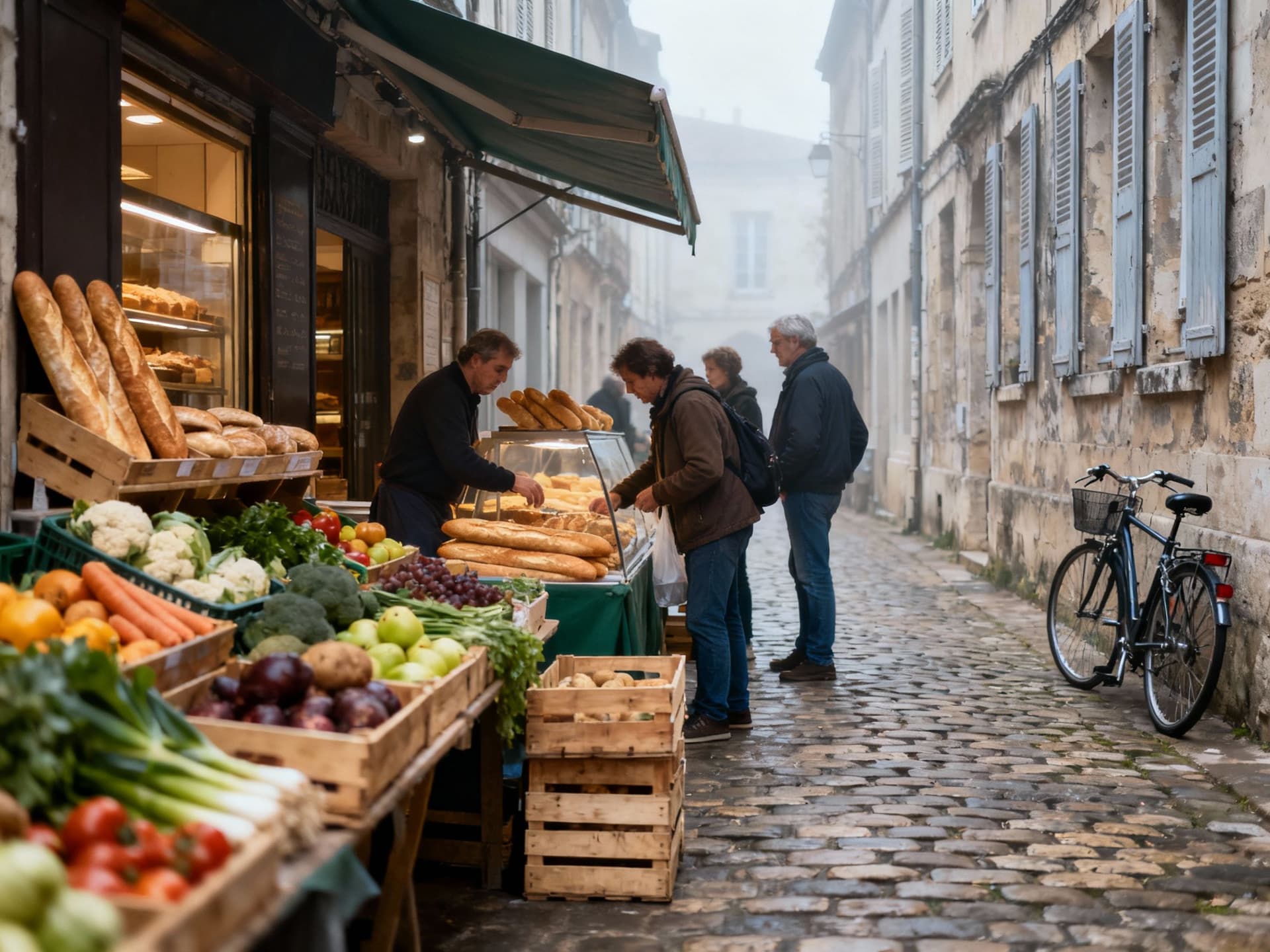
French city life is layered. In Paris you hear scooters and marché vendors before you see the cafés; in Lyon it's the rhythm of bouchons and tramlines; in Nantes and Bordeaux it's riverfront promenades and weekend markets that set the tempo. These are not interchangeable experiences — they shape what you need from a home: stairs with character, a compact kitchen for local food shopping, or a south‑facing balcony for late afternoon light.
Spotlight: The inner suburbs locals favour
Contrary to headline panic about Paris prices, many Parisians trade central apartments for towns like Montreuil, Le Perreux or Suresnes — places with quick RER or tram links and calmer streets. For buyers this means better square‑metre value without sacrificing city access. Picture leafy rue‑lined avenues, independent boulangeries, and weekday commutes under 30 minutes: that tradeoff is precisely why locals move there.
Food, markets and the daily social life
Weekends in France are organised around markets. From Marché des Enfants Rouges in Paris to Marché de Talensac in Nantes, markets structure shopping, social life and even renovation choices — buyers seek properties with kitchens sized for local produce and storage for weekly vegetable hunts. Chefs and small restaurateurs are moving into overlooked neighbourhoods, changing demand for certain apartment types.
- Lifestyle highlights buyers should notice: Marché des Enfants Rouges (Paris), Quai Saint‑Pierre (Bordeaux riverfront cafés), Place Graslin (Nantes restaurants), Croix‑Rousse markets (Lyon), Vieux‑Lille weekday cafés.
Making the move: match the neighbourhood to the life you want
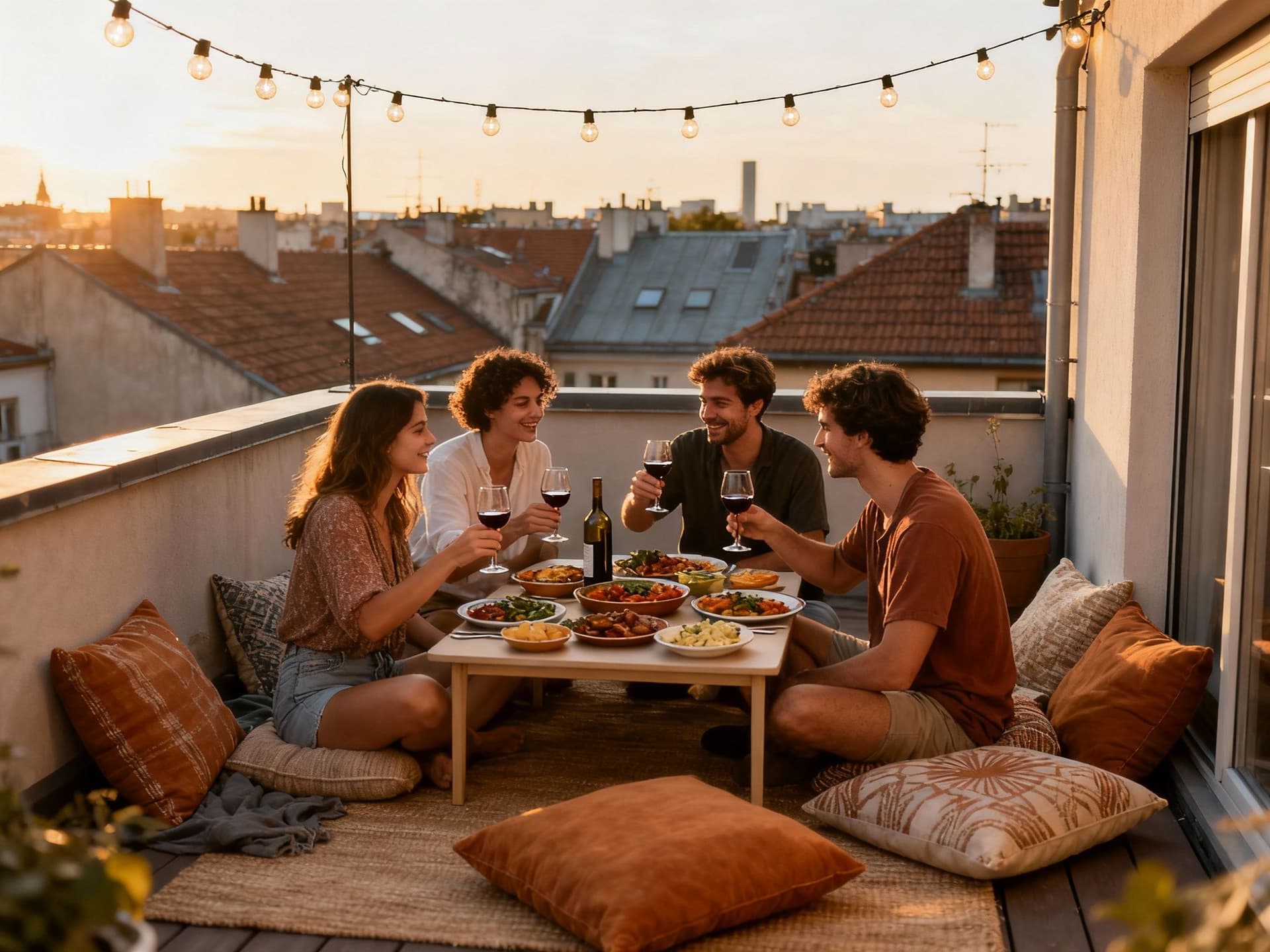
Lifestyle inspires the search, but practical choices decide whether a purchase works long term. The French market moved from decline into a measured rebound in early 2025, so timing, local demand and transport links matter more than national headlines. Use neighbourhood patterns — where locals buy and commute — as your priority filter before square‑metre arithmetic.
Property types and what they deliver
Flats in central districts offer walkable life and rental demand; townhouses and small villas in inner suburbs buy you space and school choices. INSEE showed a modest rebound in Q1 2025 (+1.0% quarter on quarter), with provincial flats rising more than houses — a reminder that compact, well‑connected units still lead demand in urban hubs.
Working with local experts who know where locals buy
A French notary or an agency embedded in a specific arrondissement or suburb will see patterns national portals miss. They can show you which streets are changing (new cafés, renovated façades) and which are frozen. That local knowledge translates to negotiation leverage — and to avoiding houses priced on seasonal sentiment rather than structural demand.
- Practical steps that blend lifestyle with process: 1) Shortlist 3 neighbourhoods based on transport and markets; 2) Spend two mornings in each — café, market, transport test; 3) Ask local agents for recent off‑market viewings; 4) Verify transaction comparables with notary data before making an offer.
Insider knowledge: what expats wish they'd known
Expats often arrive enchanted by grand façades and small wine shops, then discover practical frictions: complex heating systems, municipal parking rules, and energy performance obligations. Local customs — Sunday shop closures in smaller towns, late municipal planning approvals — affect how you live and how quickly a renovation finishes. Those are the details that change satisfaction more than a view.
Language, community and the small civil rituals
Learning basic French opens doors beyond bureaucracy; it gets you invited to local fêtes and to the neighbourhood grocer’s trust. Join a marché morning and you’ll meet potential neighbours, not just listings. Expat networks exist in every major hub, but authenticity comes from local exchange: volunteer at a fête, take a cooking class, or pick a regular café table.
Long‑term life, resale and seasonal realities
A neighbourhood that serves you through seasons is also better for resale. Markets that swell only for summer tourists produce volatility; places with year‑round local commerce, train links and schools produce steadier demand. Recent reporting shows the national market regaining momentum — but returns will be local and uneven.
- Red flags local buyers watch for: 1) Streets with too many short‑term rentals; 2) Buildings with unresolved energy diagnostics; 3) Properties with recurring flooding or poor sewer updates; 4) Areas losing daily shops and schools.
Conclusion — fall for the life, buy where locals live: Begin with the lifestyle you want (markets, commutes, schools), then use local transaction data and notarial reports to prioritise streets where real residents buy. That approach keeps you honest: you buy the life you imagined and avoid paying a premium for a postcard. If you’d like, we can map three French urban hubs that match your rhythm and produce a shortlist ready for local viewings.
Dutch relocation advisor who moved to Marbella in 2016. Guides Dutch buyers through visa paths, relocation logistics, and balance of lifestyle with value.
